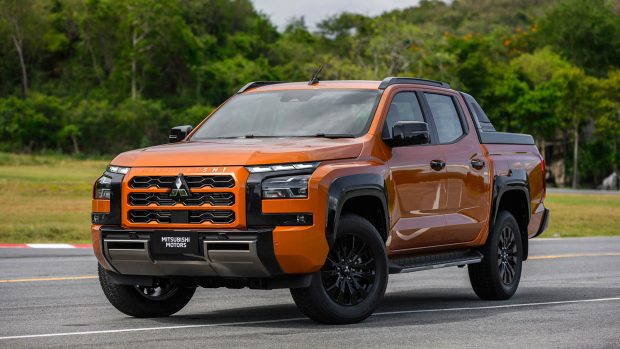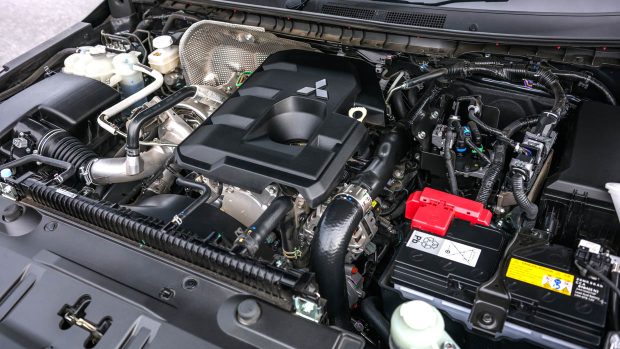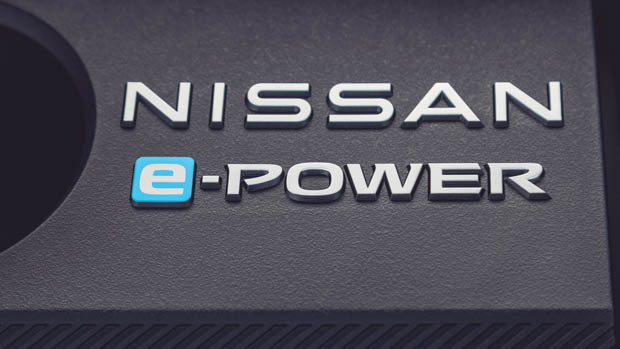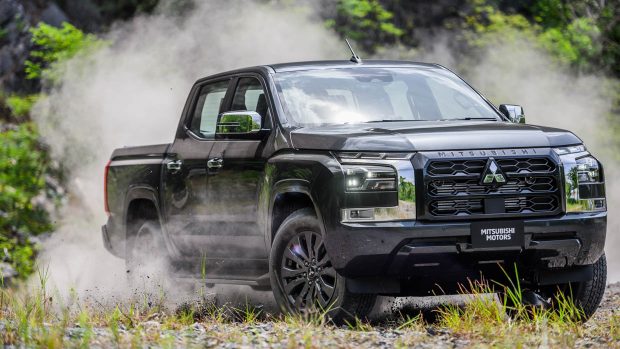-
Car Reviews
- All reviews
- Midsize SUVs
- Small cars
- Utes
- Small SUVs
- Large SUVs
- Large cars
- Sports SUVs
- Sports cars
- Vans
Latest reviews
- Car News
-
Car Comparisons
Latest comparisons
- Chasing Deals
Extensive work has already been completed on the series-parallel hybrid Triton, which Mitsubishi hopes will beat some rivals to market
It is very likely that the new Mitsubishi Triton ute will gain a petrol-electric hybrid engine option in the next few years as the Japanese manufacturer concedes such a powertrain will be necessary due to environmental regulations.
Mitsubishi unveiled its sixth-generation Triton pick-up truck earlier today in Bangkok, Thailand, with a range of diesel-only engines capped by a new twin-turbo 2.4-litre four-cylinder version producing 150kW of power and 470Nm of torque.
But thin hopes that the 2024 Triton would launch with a hybrid or plug-in hybrid (PHEV) option were not met – and nor were expectations from some quarters that the Triton would get a premium six-cylinder diesel engine to match the Ford Ranger and Volkswagen Amarok.
But a series-parallel hybrid is firming as the next Triton engine to be released, including in Australia, and Mitsubishi hopes to beat some rivals to market with a proper hybrid ute.
“With a hybrid electric vehicle (HEV) we can utilise the current frame … in the short term, it is a very good solution for CO2 reduction,” said Hiroshi Nagaoka, Mitsubishi’s global executive vice president in charge of engineering and product strategy, speaking with Australian motoring media.
“We are studying both battery EV and hybrid [engines for the Triton],” Nagaoka said. “We are in the advanced engineering phase [for the hybrid].”
It is almost certain that the Triton hybrid will use a Mitsubishi-sourced series-parallel hybrid system, with Alliance partner Nissan’s E-Power parallel hybrid system already ruled out because the engine does not have a directly geared connection with the driven wheels.
“It is very difficult to do E-Power for a bigger car. With a small car it is a really good solution, but our consideration…is that having a gear for the engine so that we can run the car with electricity or the internal combustion engine. That is our solution,” engineering boss Nagaoka said.
But a plug-in hybrid (PHEV) version is shaping up to be very unlikely due to packaging problems with relocating the Triton’s 75-litre diesel tank in order to fit the large battery that a PHEV would require alongside its internal combustion components.
That’s despite Mitsubishi’s leadership on PHEV technologies in the Renault–Nissan-Mitsubishi Alliance – but the diamond brand does sell series-parallel hybrids in other Asian markets.
“Most likely maybe we go first to a [series-parallel Triton] hybrid, and then after that maybe considering battery improvement, a PHEV or a battery EV,” Nagaoka said.
“Our competitors are doing the same in the future,” he said, specifically referencing the Ford F-150 Lightning full-size electric pick-up, while also pointing out that vehicle’s requirement for a very large battery pack.
“Hopefully we will not be behind, and we will at least catch up or even be ahead of them.”
Hybrid utes remain few and far between. Toyota will soon launch a 48-volt mild hybrid version of its diesel Hilux pick-up in Australia, while Ford and Volkswagen are planning the introduction of a PHEV version of the Ranger and Amarok ute platform mid-decade.
Latest news
About Chasing cars
Chasing Cars reviews are 100% independent.
Because we are powered by Budget Direct Insurance, we don’t receive advertising or sales revenue from car manufacturers.
We’re truly independent – giving you Australia’s best car reviews.



